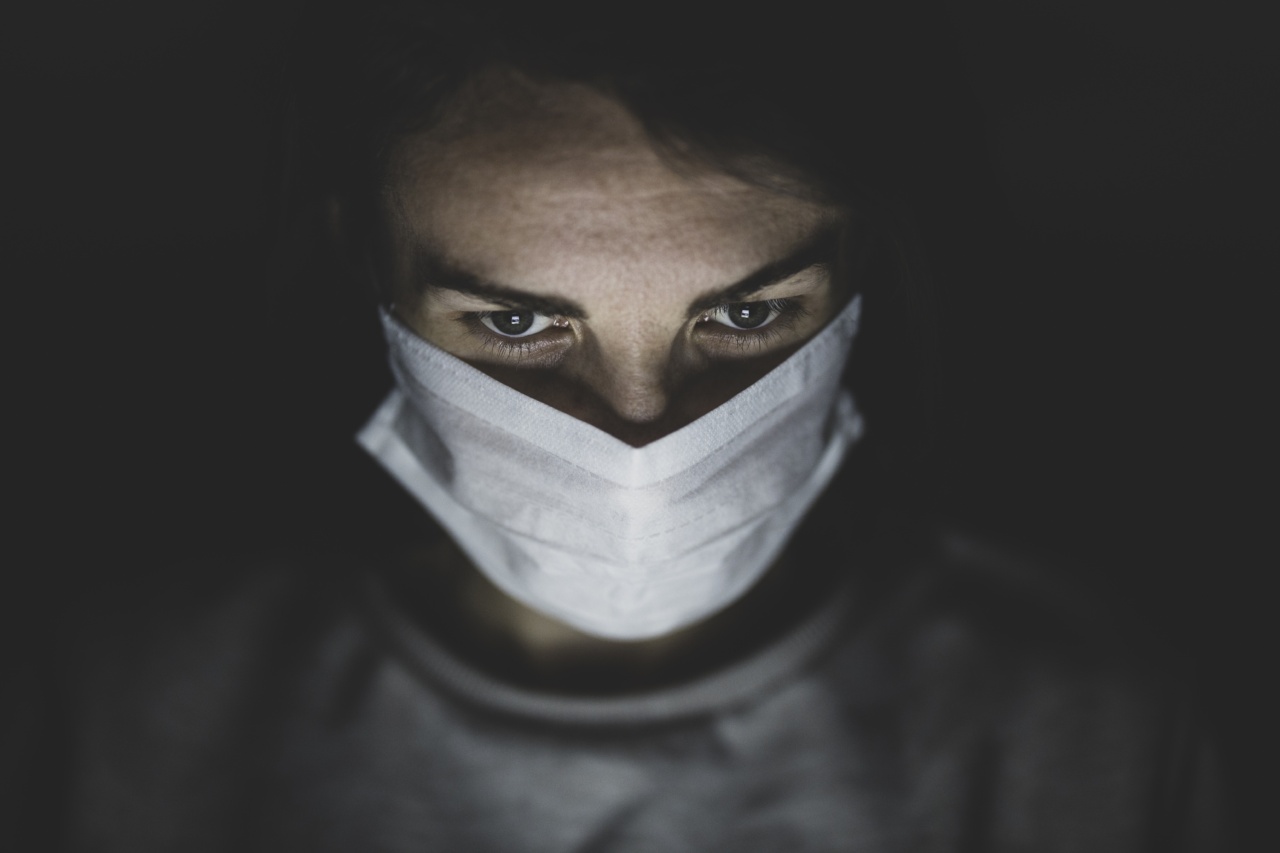Jaundice is a common condition that affects people of all ages. It is caused by a buildup of bilirubin in the body, which is a yellow pigment that is formed when old red blood cells are broken down.
Jaundice can be a symptom of an underlying medical condition or disease, and it is important to recognize the signs and symptoms in order to seek prompt medical attention. Here are some of the most common jaundice symptoms in adults:.
Yellowing of the Skin and Eyes
One of the most telltale signs of jaundice is yellowing of the skin and whites of the eyes. This is caused by the buildup of bilirubin in the blood, which can lead to a yellow or orange hue in the skin and eyes.
The yellow pigmentation may be more noticeable in areas of the skin that are thinner or more exposed, such as the face, hands, and feet.
Dark Urine
If you notice that your urine has become darker than usual, it could be a sign of jaundice. Dark urine is caused by the excess bilirubin in the blood, which is excreted by the kidneys.
The urine may also have a strong odor and may be frothy or foamy in appearance.
Yellowing of the Stool
Jaundice can also cause the stool to become pale or clay-colored. This is because the bilirubin that is normally excreted through the stool is not being properly eliminated from the body.
If you notice this symptom, it is important to seek medical attention right away.
Abdominal Pain and Swelling
If jaundice is caused by an underlying liver disease, it may also cause abdominal pain and swelling. This is because the liver is responsible for producing bile, which helps to break down fats in the diet.
When the liver is not functioning properly, it can cause a backup of bile and other digestive fluids, leading to discomfort and bloating in the abdomen.
Nausea and Vomiting
Jaundice can also cause nausea and vomiting in some individuals. This is because the buildup of bilirubin and other waste products in the blood can cause inflammation and irritation of the digestive system.
If you are experiencing persistent nausea or vomiting along with other jaundice symptoms, it is important to seek medical attention right away.
Fever and Chills
In some cases, jaundice may also be accompanied by fever and chills. This is often a sign that there is an underlying infection or other medical condition that is causing the jaundice.
If you experience a fever or chills along with other jaundice symptoms, it is important to seek medical attention right away.
Fatigue and Weakness
Jaundice can also cause fatigue, weakness, and general malaise in some individuals. This is because the buildup of waste products in the blood can affect the body’s ability to function properly.
If you are experiencing persistent fatigue or weakness along with other jaundice symptoms, it is important to seek medical attention right away.
Changes in Appetite and Weight Loss
If jaundice is caused by an underlying liver disease, it may also cause changes in appetite and weight loss. This is because the liver plays a crucial role in metabolism and processing nutrients in the body.
When the liver is not functioning properly, it can lead to a cascade of other health problems, including loss of appetite and unintended weight loss.
Confusion and Difficulty Concentrating
In severe cases of jaundice, individuals may experience confusion, difficulty concentrating, or even coma. This is often a sign that the liver is failing and that immediate medical intervention is necessary.
If you or a loved one is experiencing confusion or other neurological symptoms along with other jaundice symptoms, it is important to seek medical attention right away.
Conclusion
Jaundice is a common condition that can be caused by a wide range of medical conditions and diseases. While it may be a mild and self-limited problem in some cases, it can also be a sign of more serious underlying health problems.
If you are experiencing any of the symptoms listed above, it is important to seek medical attention right away to determine the underlying cause of your jaundice and to receive appropriate treatment.


























